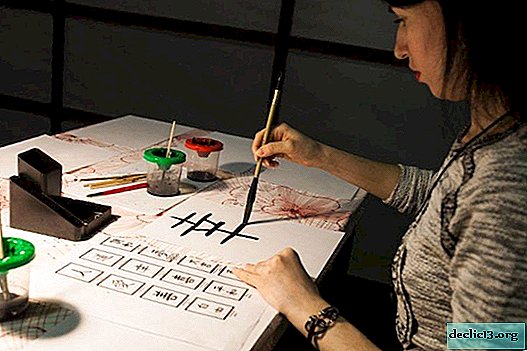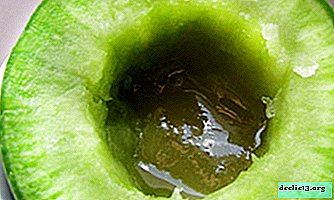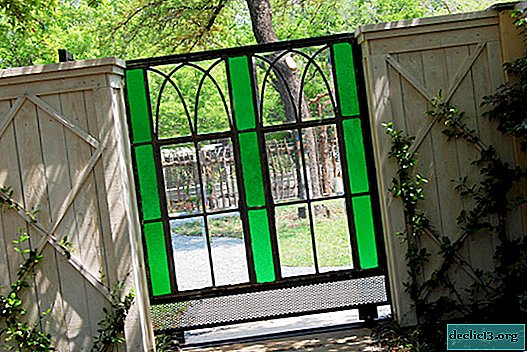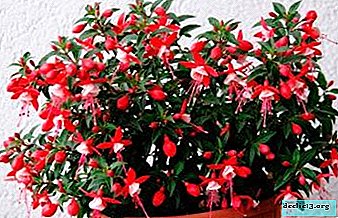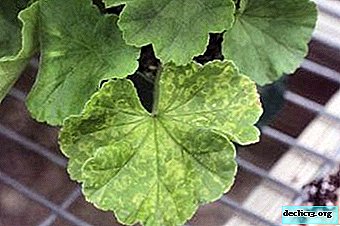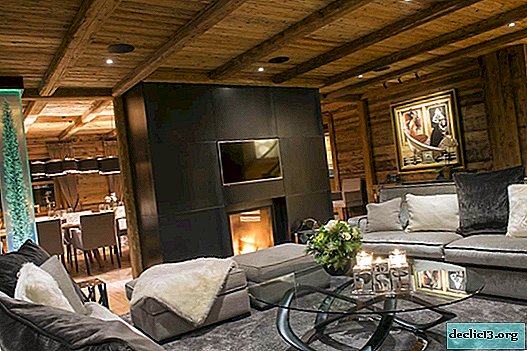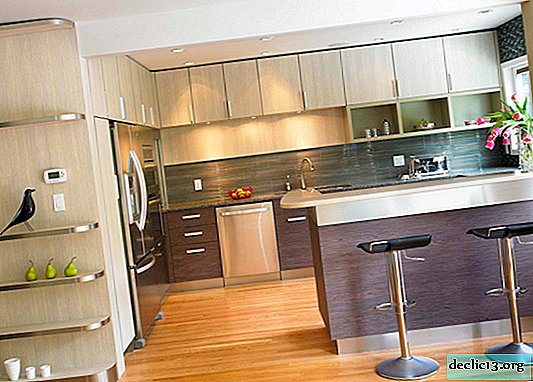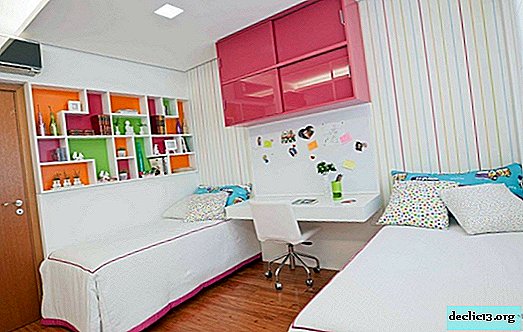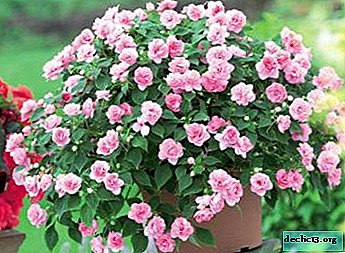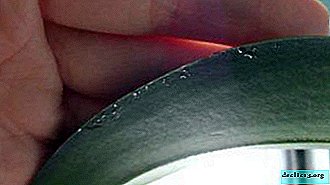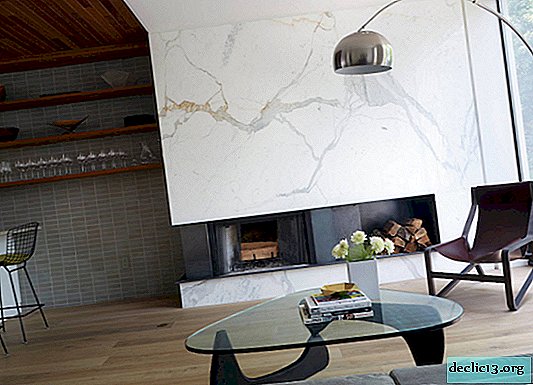Wall painting in the interior - your unique home design
There are no barriers to the modern designer in terms of implementing his wildest decisions and fantasies. The experience of generations in conjunction with advanced technologies allows you to use skills and techniques to create unique design projects. Wall painting is one of the most original and multifaceted design techniques for creating a truly unique interior. At the same time, today, wall painting refers not only to the use of classical techniques for creating complex, multi-layer compositions, but also to the use of techniques available to most Russians, such as screen printing, fingerprinting and other street art methods. Wall painting can fundamentally change the image of your home without the use of any structural alterations. Create an accent or highlight the most advantageous zone, visually change the parameters of the room or mask unsuccessful architectural features or blemishes - with all these tasks, mural painting can cope with "excellent". We suggest you familiarize yourself with our large selection of design projects of various rooms in which the wall painting technique was used and be inspired for your own accomplishments.
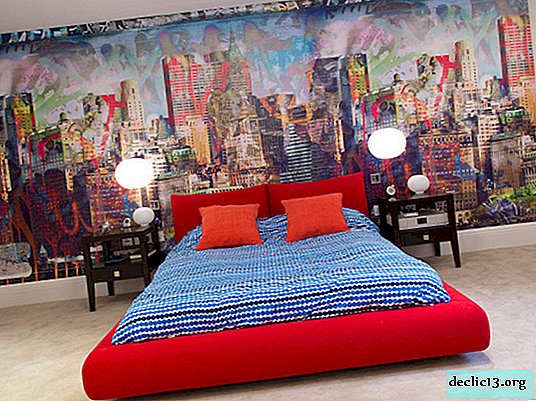

Design Reception Features
First of all, it is necessary to determine what is currently understood by such a design technique as “wall painting”. The oldest art, originating from Egyptian and Sumerian civilizations, has not lost popularity in our days. But, of course, not only the techniques and materials used to create images on the walls have changed with the course of history - the very principle of decorating the home (and public buildings) has changed radically. Nowadays, artists (designers) do not need to leave messages to their descendants in the form of wall paintings, this technique is used exclusively for decorative purposes.





Many homeowners planning to repair a small alteration in their homes believe that it makes no sense to spend time and money on creating unique wall paintings, because incredibly realistic photo wallpapers with high quality image printing are on sale. And partly they are right - to find a suitable plot on the wall mural in the store is not difficult. But the interior created with their help will not be unique, will not carry a piece of spiritual warmth of the artist. And in the event that you yourself are painting the wall, then your individual view of the aesthetics, the way to decorate your own home.





Today, an incredibly wide range of themes and stylistic solutions is available for painting walls in the interior. With the help of modern materials and the individual look of the artist (which you may be), you can create unique masterpieces - from traditional frescoes to graffiti inscriptions.





Of course, the following criteria will influence the choice of theme and color palette of the image on the wall:
- room affiliation (if in a children’s room it would be logical to portray animated and fairy-tale characters, a landscape or abstraction will look spectacularly in the living room or bedroom, then in the dining room you can depict bright fruits, berries - for raising your appetite);
- the size of the room and its layout (the number and location of door and horse openings);
- the location of the room relative to the cardinal points and, as a result, the level of natural light;
- interior design style (it would be strange to depict a classic mural in a room with a modern design and graphic handprints of family members as a composition in a room with a traditional style);
- your personal preferences in the style of image execution and the choice of color schemes.




Wall painting in the interior: stylistic solutions
In order to navigate in all the variety of topics for painting the walls of a modern dwelling (we omit the options for creating images for public buildings), it is necessary to familiarize ourselves with stylistic decisions at least superficially.



 The classic direction. Classics in the interior will never go out of style. For good reason, this trend in the design of spaces is considered traditional - the harmony of shapes and lines, color combinations and materials. In the mural, this is most often reflected in the image of the ideal landscape - it is as realistic as it is a reflection of the dream of a "golden age". Choosing a classic style for decorating walls, you leave behind banality and monotony. This is surprising, but today the classic in wall painting looks more relevant than hi-tech, minimalism or loft. What is typical, for the execution of murals in the classical style, you can use the most modern materials and techniques.
The classic direction. Classics in the interior will never go out of style. For good reason, this trend in the design of spaces is considered traditional - the harmony of shapes and lines, color combinations and materials. In the mural, this is most often reflected in the image of the ideal landscape - it is as realistic as it is a reflection of the dream of a "golden age". Choosing a classic style for decorating walls, you leave behind banality and monotony. This is surprising, but today the classic in wall painting looks more relevant than hi-tech, minimalism or loft. What is typical, for the execution of murals in the classical style, you can use the most modern materials and techniques.


Baroque and Empire. These are two opposite lines in the development of classicism. If the baroque seeks to demonstrate luxury, extensive decoration, then the empire tries to join in laconicism, the use of simple solutions. Both directions are relevant for use in painting residential spaces. But a lot depends on the general style of interior design, the size of the premises and, so to speak, the overall scope.


Art Nouveau or Art Nouveau. This style of painting is easy to recognize - the predominance of “lush”, “live” and literally “breathing” forms. A characteristic feature is the use of sophisticated floral patterns with a predominance of wavy lines. The color palette mainly consists of natural shades, bright, flashy tones are used extremely rarely.




Japanese style. Currently, the Japanese style in wall painting is manifested not only in the application of traditional oriental landscapes, images of sakura or small courtyards with a characteristic landscape design. The Japanese style in the mural is also an anime teeming with details, characteristic paraphernalia, allowing even an ignorant person to correctly recognize the handwriting of this hobby that has conquered many people. In our country, plant motifs, images of landscapes, and sometimes fragments of oriental nature, have become more widespread.





Minimalism and primitivism. The name speaks for itself - a minimal set of color combinations, lines and shapes is used to express the artist’s thoughts. It can be just one strip or a figure executed in a contrasting color, but due to its balance, the picture becomes a symbol of the designer’s imagination.





Wall painting: decorative component in various rooms
In addition to the obvious decorative component, wall painting can also have very specific functional purposes. For example, with the help of wall painting, you can visually change the architecture of the room - make it wider, "deeper", "raise" the ceiling or completely "erase" the boundaries of space. Wall painting can also act as a zoning element, delimiting the functional segments of the combined room. Wall-mounted images are able to focus on a particular area of the room, highlighting the most advantageous interior elements, “drawing” attention from the unsuccessful ones.





Children's room
Currently, the undisputed leader in creating murals is the interior of the children's room. And this is not surprising - just for the child we want to create an amazing world in which it will be interesting not only to sleep, play and spend time, but also to develop, gain new knowledge and skills. And everyone knows that any knowledge is perceived by children much easier and easier if they are presented in a playful way. Using the mural, you can create any of the options for fairy tales. Of course, there are wall murals and interior stickers that will cost several times cheaper, but, firstly, it’s not always possible to find decorative material that matches the theme that is interesting to the child, and secondly, hand-painted walls will always be in first place for exclusivity , and artistry.






Living room
Wall painting in the living room will allow you to create not only a highlight of the interior, increase the exclusivity status of the room, but also create a certain emphasis. At the same time, this design technique is relevant for both small rooms and spacious living rooms, in which several functional segments are connected. But the dimensions of the space, of course, must be taken into account when choosing an image to create an artistic painting.



Bedroom
Most often, for bedrooms choose a romantic style of execution of the picture on the walls. Most of us try to create the most relaxing and soothing atmosphere in the room for sleeping and relaxing. Therefore, delicate shades in the image of floral motifs or light landscapes become the central theme in the bedroom interior.





Techniques used to create wall paintings
Modern designers have practically no restrictions on the choice of techniques for creating wall paintings. The experience of generations, and modern materials and improvised tools are at their disposal. The image can be applied both on a perfectly smooth surface and on a textured one - the weight depends on the intended purpose. Most often, when creating images on the walls, modern artists use:
- oil;
- acrylic;
- fluorescent paints.





A very popular tool for creating original wall paintings is an airbrush - on a perfectly flat surface, you can create a picture without traces of strokes and sharp transitions between color schemes. Consider the most popular techniques used for painting walls in modern homes.



Airbrushing
A fairly popular technique at present. If you translate this expression verbatim, it turns out "I am writing with air." Air really plays an important role in using an airbrush tool — airbrush. Using compressed air, paint is sprayed onto a previously prepared surface. Images are light, literally airy with subtle color transitions.


Fresco
The oldest technique, based on wet stucco painting, is relevant at all times. The characteristic texture of this technique is recognizable in any embodiment. The resulting image has high wear resistance - for good reason, many samples of the oldest frescoes have survived to the present day. Currently, the mural technique is used both to create samples of modern painting, and to simulate ancient wall paintings (for this they resort to artificially aging the surface, patting).




Painting with fluorescent paints
It is easy to guess that the technique is based on the use of fluorescent inks that glow in the dark. A unique image can be created using various color schemes of these special paints. But the technique was most widely used for decorating the ceiling in the form of a starry sky. In addition to the fabulous effect, a feeling of the dimensionlessness of space is created.


Volumetric painting
Using volumetric painting, you can visually erase the boundaries of the room, make the ceiling "higher", and the room "wider". Of course, the painting does not affect the design features of the room, but the effect of some distortion of the volume of space is visually created. Designers like to depict stairs that go into the distance and seem to have no end or open windows, over which a beautiful landscape opens.



Using stencils
For those who want to prove themselves on the artistic side, literally "leaving a mark" on the walls of their own homes, screen printing is the perfect way. It does not require special skills, because it is based on applying images using ready-made stencils that you can create yourself or purchase in a store.






Acrylic painting
The use of acrylic paints is incredibly popular at present and is due to several advantages of these materials for applying images to a wide variety of surfaces:
- quick drying;
- lack of smell;
- high environmental friendliness;
- ease of application;
- the ability to use on surfaces with different textures and textures;
- resistance to ultraviolet radiation.









